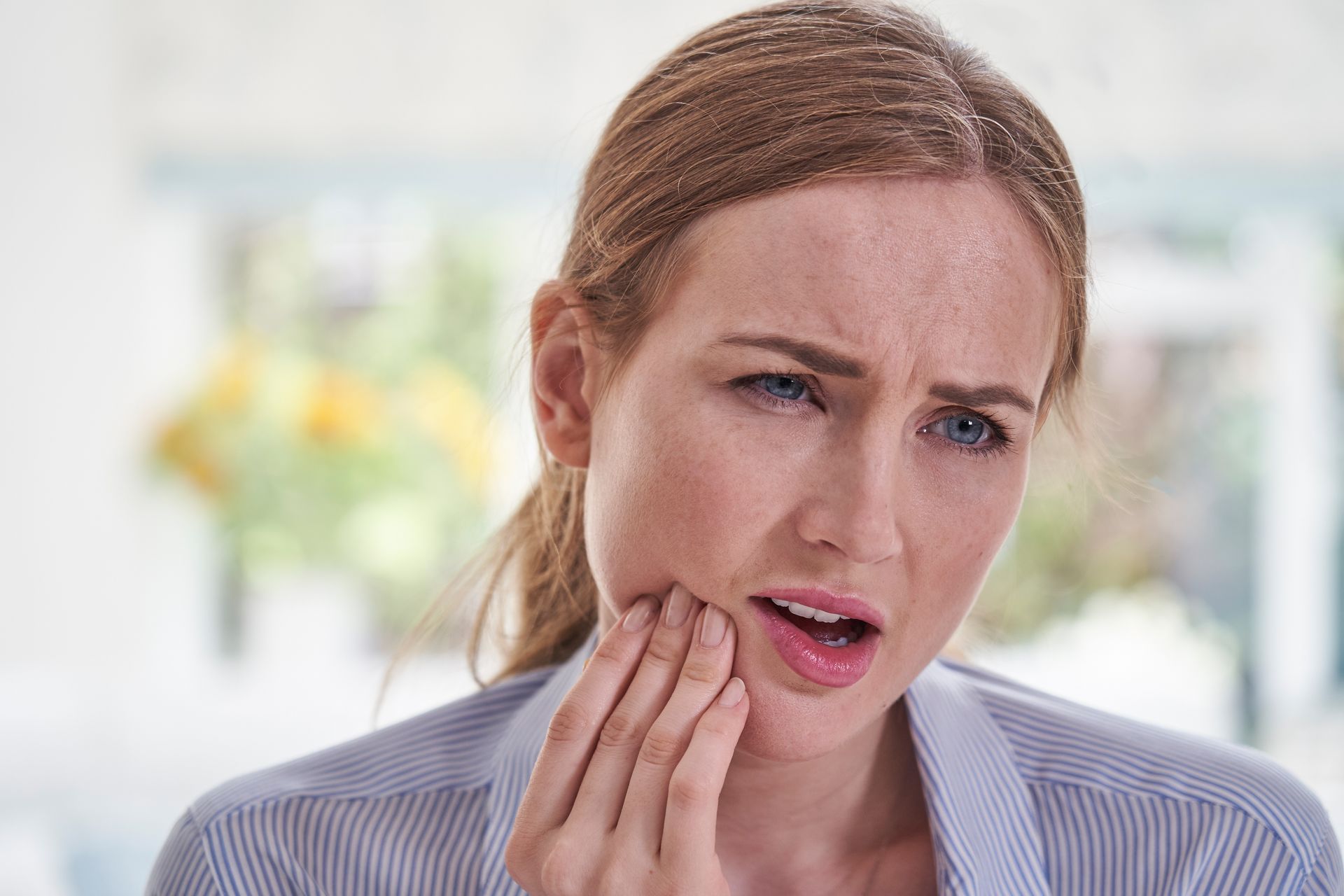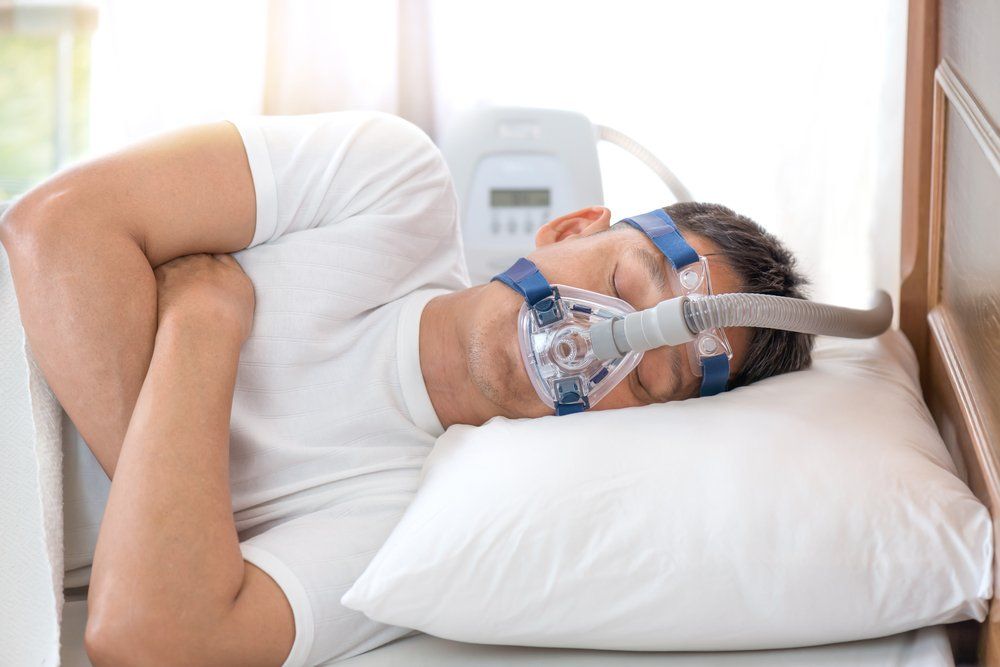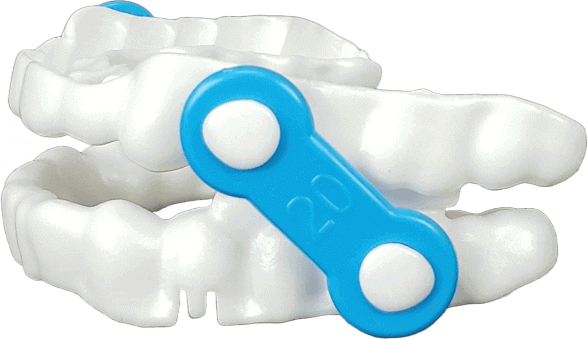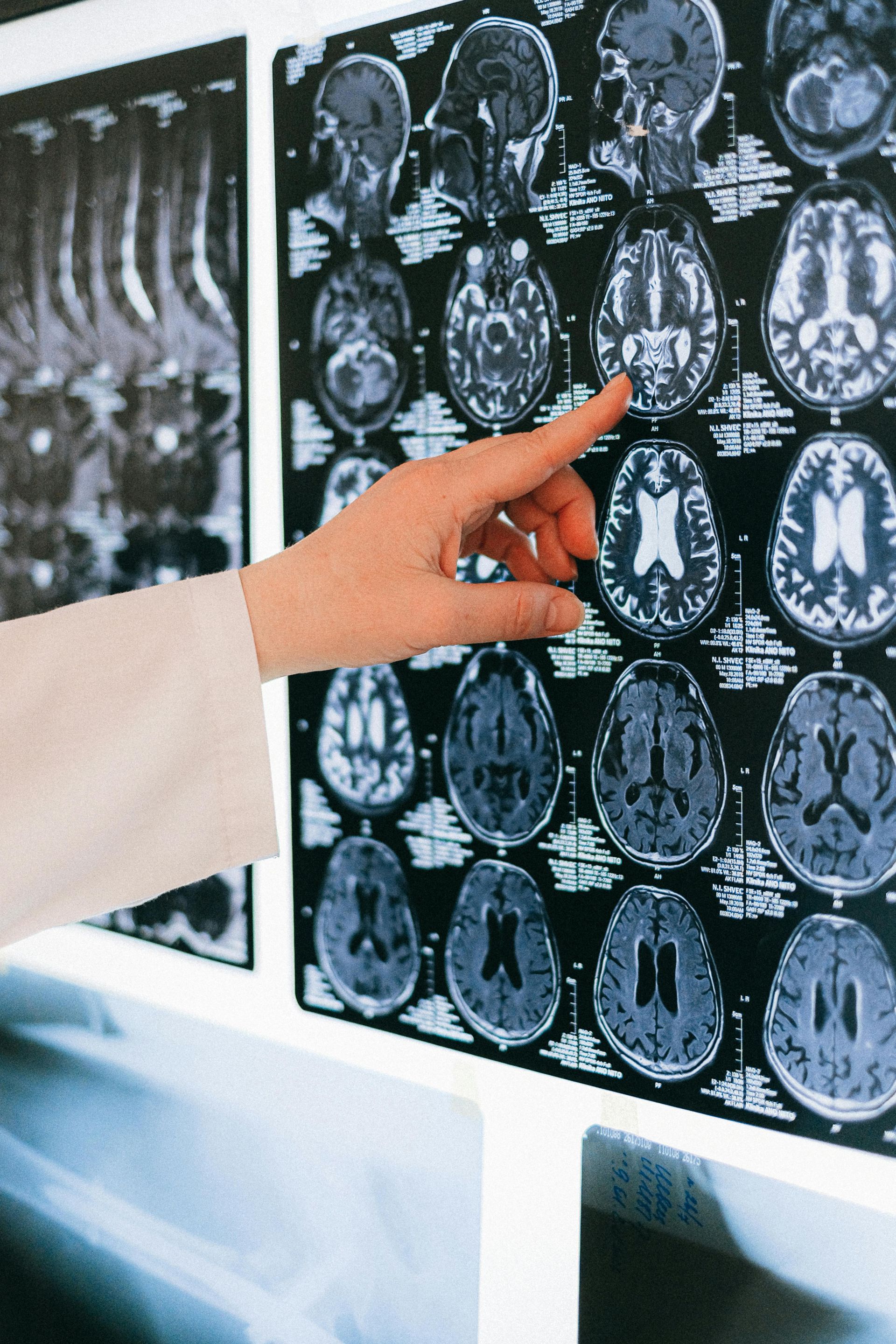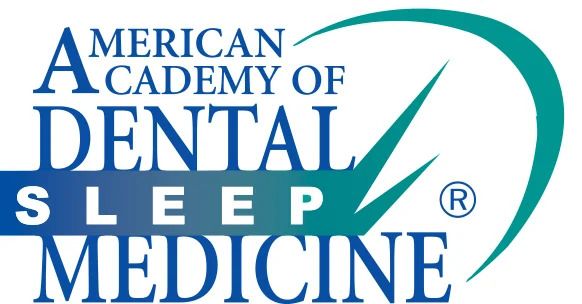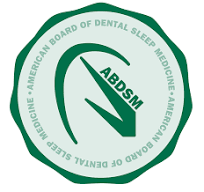The Power of Sleep: Why It’s Essential for Your Health and Well-Being
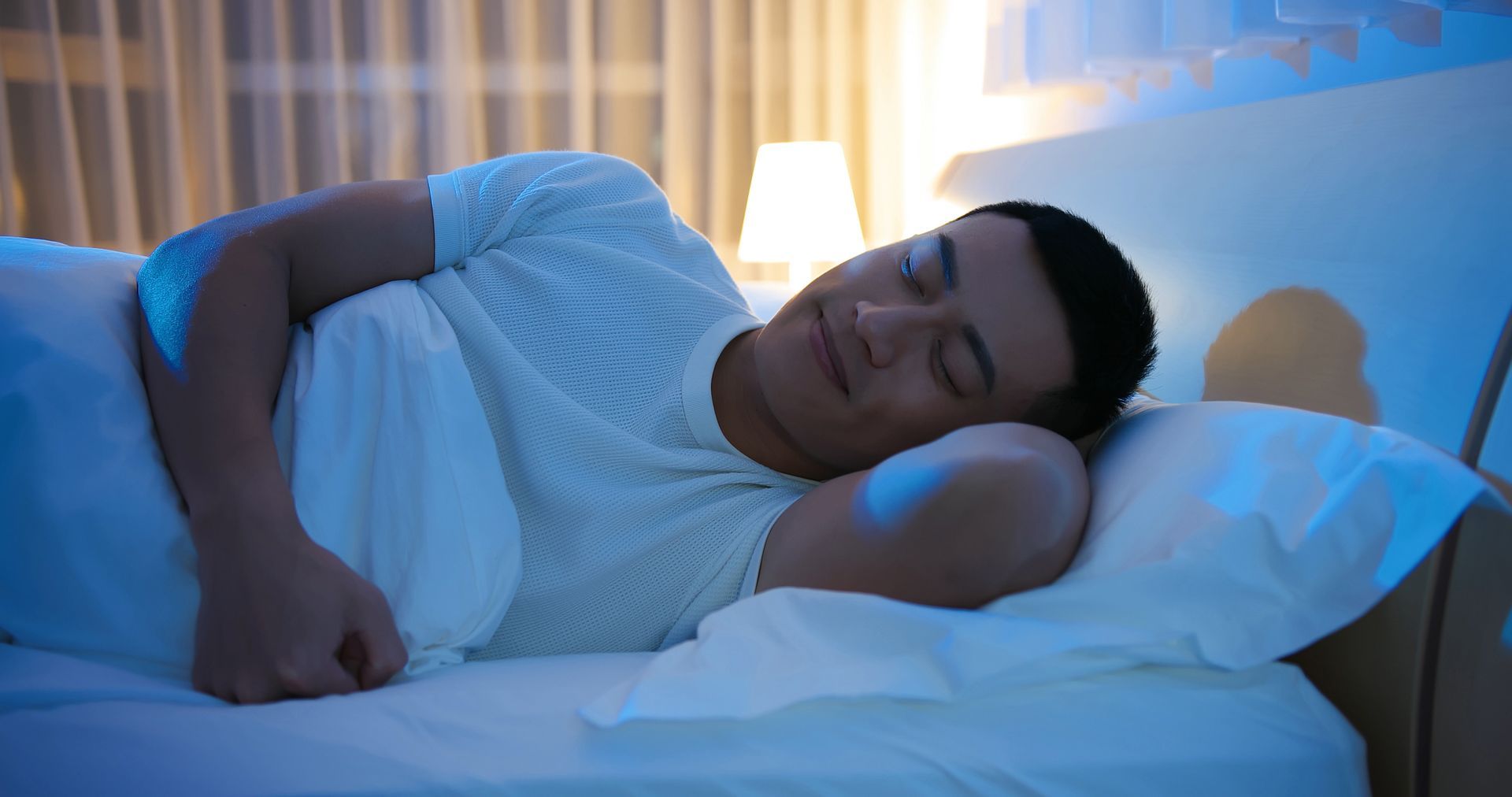
Sleep is a fundamental biological process and plays an essential role in human health and well-being. Sleep is more than just a rest each night — it’s a necessary part of staying healthy. Proper sleep keeps us going physically and mentally, and disruptions in the quality and quantity of our sleep can have long-term consequences, affecting not only our bodies but also our minds.
Dr. Katherine S. Phillips and Dr. YC Joseph FischerHahm of Restore TMJ & Sleep Therapy are both Diplomates of the American Board of Dental Sleep Medicine (ABDSM) and have committed a significant part of their practice to treating patients who suffer from sleep disorders like obstructive sleep apnea. Their experience and expertise make them uniquely suited to address the underlying physiological problems that could be contributing to your chronic sleep problems.
For more than 15 years, Dr. Phillips and Dr. Joe have been helping patients in and around The Woodlands achieve better sleep and improve their quality of life. They are among The Woodlands’s leading experts in dental sleep therapy and provide a comprehensive approach to sleep disorders that does more than treat the symptoms; it addresses the root causes so you can discover the best results possible.
Understanding Sleep: The Science Behind Slumber
Sleep is far more than a state of rest; it’s a complex process that impacts nearly every bodily function.
The Sleep Cycles
During sleep, your body cycles through different stages. These stages serve unique purposes.
- Light sleep and deep sleep are like maintenance phases, rejuvenating your body.
- Deep sleep, which is also known as slow-wave sleep, is particularly important for repairing muscles and strengthening your immune system.
- REM sleep is often referred to as “the dream stage.” During REM sleep, your brain activity is similar to when you’re awake, and this stage is vital for memory consolidation and cognitive processes.
Your Circadian Rhythm
Guiding this cycle of sleep is your circadian rhythm, an internal clock. This rhythm regulates your sleep-wake cycle and coordinates various bodily activities.
The circadian rhythm is governed by your body’s responses to light and dark. When darkness falls, your body releases melatonin, a hormone that triggers drowsiness. In response to the morning light, your body releases cortisol, making you more alert.
These responses to light and dark keep your sleep aligned with the natural world, helping elevate mood, energy levels, and overall health.
The Benefits of Quality Sleep: Physical and Mental Well-Being
Sleep isn’t merely a pause in your day — it’s a powerhouse for promoting better health. Quality sleep lays the foundation for your physical well-being, from bolstering your immune system to fostering heart health.
And it’s not just your body that benefits from good sleep; your mental health thrives on restful slumber, too. Sleep plays a critical role in emotional wellness, stress management, focus, and even memory.
Physical Health Gains from Sleep
Quality sleep is the key to keeping you physically healthy. As you sleep, your body repairs and strengthens itself, boosting your immune system and increasing its ability to fend off illnesses.
Heart health also gets a boost from proper sleep. In addition, adequate sleep helps you maintain a healthy weight by regulating hormones that control appetite and metabolism. Your skin’s radiance is tied to the quality of your sleep, rejuvenating nightly during your hours of rest.
Mental Health Boosts from Sleep
Emotional health is closely intertwined with sleep. Adequate sleep helps regulate mood and emotional responses. Sleep is your body’s natural stress manager, allowing you to cope better with life’s challenges.
Quality sleep leads to improved focus, productivity, and cognitive functions. Moreover, memory and learning are enhanced, which enables you to absorb and retain new information more easily.
Nurturing Overall Well-being from Sleep
Quality sleep also contributes to longevity and combats the effects of aging. It plays a vital role in maintaining energy levels and contributes to a sense of vitality that improves your daily life. Getting enough sleep can prevent chronic illnesses and significantly boost your overall health and well-being.
Conditions Impacting Your Sleep
However, there are a variety of factors that can disrupt the length and depth of your rest and sleep cycles. While these issues might appear minor, they can significantly impact your sleep quality and overall daily functioning. Fragmented sleep can disturb the sleep cycle and lead to daytime drowsiness, decreased alertness, and reduced cognitive functioning.
Snoring
While snoring might be a familiar sound, it’s more than just an annoyance. Snoring can occur due to an obstructed airflow during sleep, often related to the relaxation of the muscles in your throat. This obstruction can hinder proper breathing, leading to poor sleep quality — not just for the snorer but also for others nearby.
Orofacial Pain
Orofacial pain includes pain and discomfort in areas like the jaw, face, and neck. It can have various causes, such as dental issues or problems with the temporomandibular joint (TMJ). Orofacial pain can make finding a comfortable sleep position challenging and cause frequent awakenings.
Sleep Apnea
Sleep apnea is a more serious problem characterized by frequent and repeated pauses in breathing during sleep. It is often caused by excessive relaxation of the throat muscles, which blocks your airway. Your brain briefly awakens you to restore breathing, although you may not realize it. These frequent awakenings disrupt the sleep cycle, fragmenting your sleep and resulting in excessive daytime sleepiness and long-term health concerns.
Bruxism
Bruxism refers to the grinding of teeth during sleep. Although you might not be aware of grinding your teeth, it can disturb sleep patterns and trigger micro-awakenings similar to sleep apnea. Bruxism not only leads to sleep fragmentation but can also contribute to dental problems and jaw discomfort.
TMJ Disorders
Temporomandibular joint (TMJ) disorders involve issues with the joint connecting your jaw to your skull. These disorders can cause pain, discomfort, and limited jaw movement. The pain from TMJ can prevent you from finding a comfortable sleep position, disrupting the sleep cycle and diminishing the quality of your sleep.
The Consequences of Sleep Deprivation
Sleep health is not just about getting sleep — it’s about getting quality sleep. When your sleep is interrupted or fragmented, issues from sleep deprivation can cause problems in many areas of your life.
- Physical health. Not getting enough restorative sleep can affect your physical health. Sleep problems can lead to a suppressed immune system, heart issues, weight gain, and hormonal imbalances, headaches, and pain.
- Mental health. Sleep troubles can also affect your mental well-being. You may find managing your emotions or coping with everyday challenges difficult, leading to more stress and irritability. Sleep issues can worsen anxiety and depression and interfere with your ability to focus, remember things, and learn new information.
- Social-emotional health. When you suffer from sleep deprivation, your whole life can be affected. You might not enjoy things you used to, feel tired all the time, and struggle to pay attention. This fatigue can make it tough to do well at work or school and affect how you connect with others.
For many patients, fixing the problems that interfere with sleep can bring back energy and liveliness and improve their overall quality of life.
Discover a Path to Restful Sleep with Restore TMJ & Sleep Therapy
Sleep is vital for your well-being. It’s the foundation for a healthy body and mind. Taking control of the issues interfering with your sleep can make a big difference in your life, improving your physical health and mental wellness.
The expertise of Dr. Katherine Phillips and Dr. Joe FischerHahm at Restore TMJ & Sleep Therapy offers a way forward for those facing sleep challenges. Not only can they help determine if your sleep is suffering from sleep apnea, TMD, bruxism, or snoring, they can also help develop and direct effective, personalized treatment for results that allow you to sleep better and live healthier. With specialized training and experience in dental-related sleep problems and sleep medicine, as well as a unique understanding of the connection between the TMJ, dental health, and sleep, Dr. Phillips and Dr. Joe can provide the best, most complete care possible.
If you or someone you love is suffering from poor sleep, schedule an appointment with Restore TMJ & Sleep Therapy today and take the first step on your journey toward peaceful nights and brighter days.
-2700x842-1920w.png)





